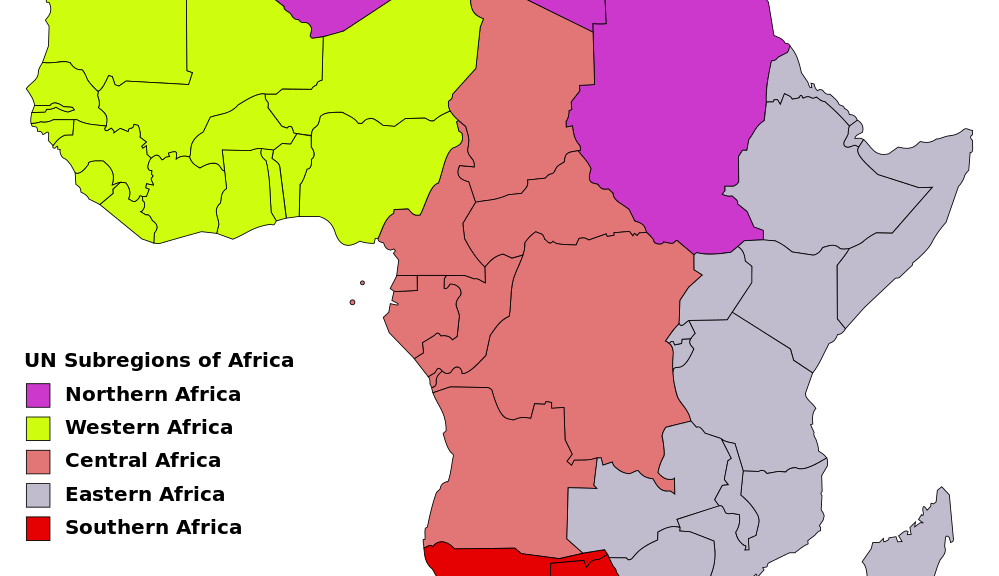Africanist Anthropology
ANTH326/4A – Peoples & Cultures of Sub-Saharan Africa
Meeting 2: January 19, 2015
Last Week: Basics
Reflection Posts: Infrastructure
Jigsaw
Activity 1: People’s Thoughts on Africa
- Patterns?
- Representative?
- Perspectives?
Topics
Africanists
Trends
- Exoticism
- Dispelling myths
- Diversity
- Wisdom
- Postcolonialism
- Postdevelopment
- “Voluntourism“
Interdisciplinary
- Anthropology
- History
- Literature, Fine Arts, Humanities…
- Cultural Studies, Ethnic Studies
- Language, Linguistics
- Political Science
- Economics, Environment, Health…
Programs
- Mostly US/Europe
- IU, SOAS, Leiden…
- Post-Colonial
A Few Authors
- Bâ, Diop, Mudimbe
- Nkrumah, Kenyatta, Senghor, Nyerere
- Fanon, Soyinka, Achebe, Appiah
- Dieterlen, Griaule, Evans-Pritchard, Southall, Turner
- Cole, Ferguson, Comaroffs
- Grinker and Steiner
A Few ConU Resources
- African Studies Collection (Project MUSE)
- Africa, Fourth Edition
- Continent/Country Profiles
- Oxford Encyclopedia
African Diversity
Regional Diversity

Cultural Diversity
Linguistic Diversity
- Niger-Congo (1545)
- Afro-Asiatic (376)
- Nilo-Saharan (206)
- Khoisan (28)
Common in Africa?
- Generalizations
- Colonial
- “Non-Western”
- Diffusion
- Globalization
Next Week: Perceptions and Superstructure
Exercise I: Perceptions
- Find an object, a media item, or a person from outside of Africa
- Which perception of Africa can be found in there?
- How much does your perspective on Africa differ or relate to this one?
- Does it perpetuate stereotypes?
- If so, which one?
- If not, how can we assess the accuracy of this perception?
Journal 2: Learning Journey
Reflection Posts 2: Superstructure
Africa, Fourth Edition
- Chapter 5– Religions in Africa
- Chapter 8 – Visual Arts in Africa
- Chapter 9 – African Music Flows
- Chapter 10 – Literature in Africa
- Chapter 11 – African Film
Activity 2: Quotes
- Pick a quote
- What does it say about Africa?
- How would it differ from what you would say?
Chinua Achebe
“I know the source of our problem, of course, anxiety. Africa has had such a fate in the world that the very adjective African can still call up hideous fears of rejection. Better then to cut all links with this homeland, this liability, and become in one giant leap the universal man. Indeed, I understand the anxiety. But running away from myself seems to me a very inadequate way of dealing with an anxiety. And if writers should opt for such escapism, who is to meet the challenge?”
– Africa and Her Writers, p. 627
Desmond Tutu
“ When the missionaries came to Africa they had the Bible and we had the land. They said ‘Let us pray.’ We closed our eyes. When we opened them we had the Bible and they had the land.”
— Stephen Gish,
Desmond Tutu: A Biography, p. 101
Haile Selassie
“This world was not created piecemeal. Africa was born no later and no earlier than any other geographical area on this globe. Africans, no more and no less than other men, possess all human attributes, talents and deficiencies, virtues and faults.”
— OAU Speech 1963 African Summit
Banyoro Proverb
“A child does not grow up only in a single home.”
— H-Net Thread about “It Takes a Village”
